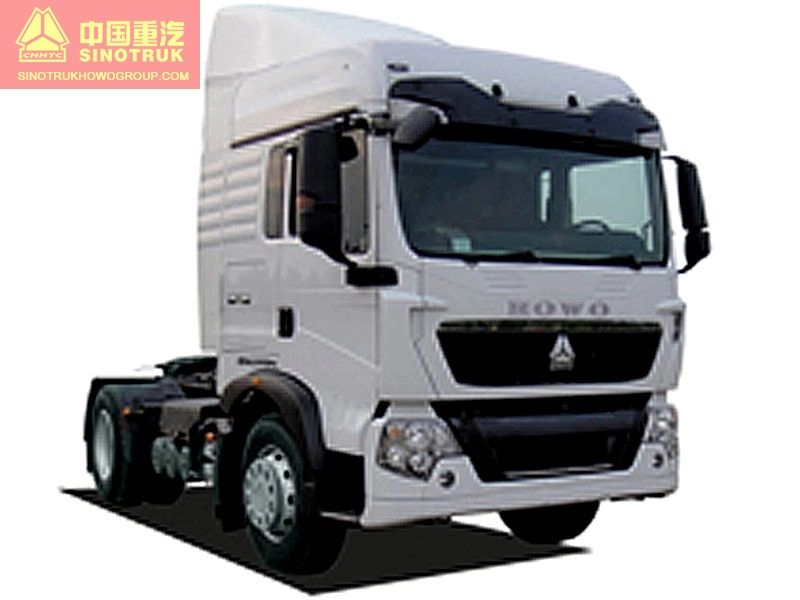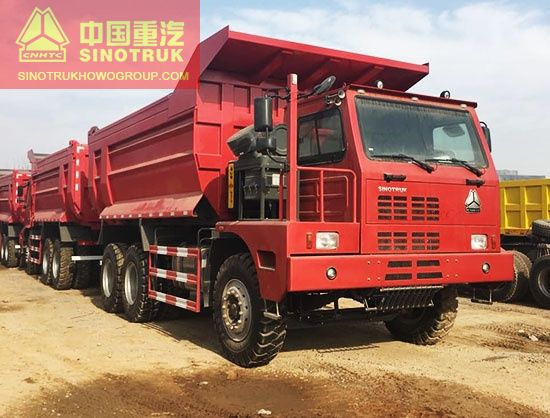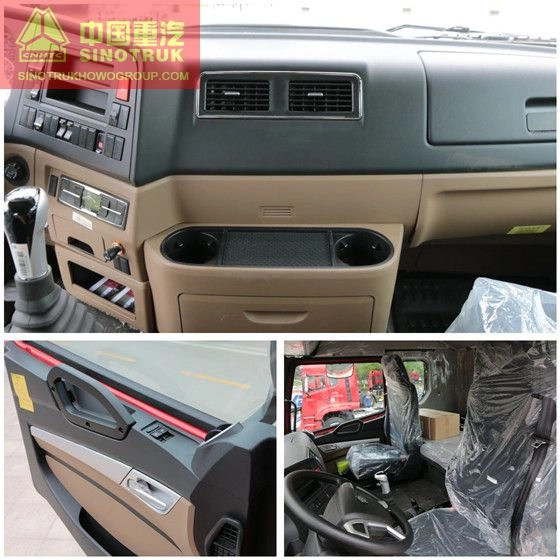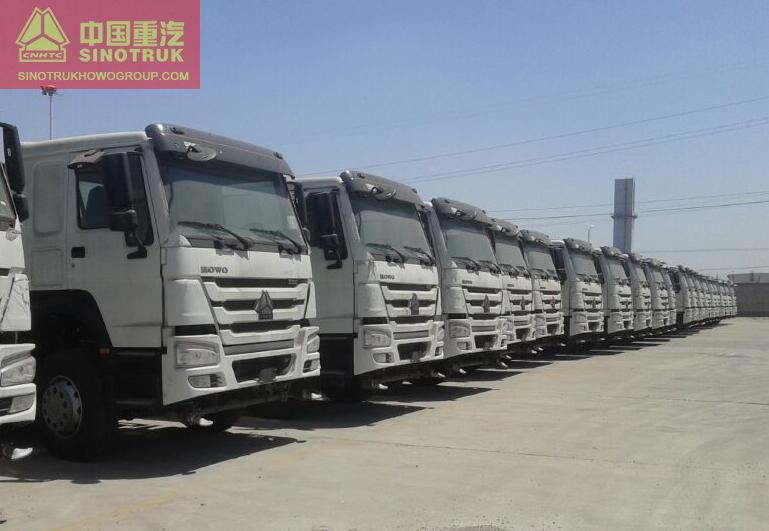howo water truck,what is a water truck
- Release time:05-02-2024
- Source:Sinotruk HOWO
Catalog overview:
Introduction to Howo Water Truck: The Ultimate Solution for Irrigation and Firefighting

The Howo Water Truck, a product of Sinotruk, is a highly versatile and robust vehicle designed to cater to a wide range of water transportation and management needs. Known for its durability and efficiency, this heavy-duty truck is a game-changer in industries like construction, agriculture, and emergency services.
Key Features and Specifications
Equipped with a powerful engine, the Howo Water Truck boasts a high carrying capacity, making it ideal for large-scale water transportation tasks. Its advanced water pump system ensures rapid and precise water discharge, whether it's for irrigation fields or extinguishing fires. The vehicle's robust chassis and strong suspension system guarantee stability and longevity, even on rough terrains.
Applications and Use Cases
In agriculture, the Howo Water Truck serves as a lifeline, delivering water to crops in areas with limited irrigation facilities. In construction, it plays a crucial role in dust suppression and site cleaning. Its firefighting capabilities are invaluable in emergency situations, as demonstrated in the 2019 wildfire season when several Howo Water Trucks were deployed to combat flames across the country.
Design and Technology
The Howo Water Truck's design is a blend of functionality and aesthetics. Its spacious tank, built with high-quality steel, ensures resistance to corrosion and wear. The truck is also equipped with advanced technology, including a user-friendly control panel and efficient water spray nozzles, enhancing its overall performance.
Reliability and Maintenance
Sinotruk's commitment to quality is evident in the Howo Water Truck's reliability. The vehicle is built to withstand harsh conditions and requires minimal maintenance. Regular service and timely parts replacement ensure its optimal performance over a long lifespan.
The Howo Water Truck – More Than Just a Truck
the Howo Water Truck is not just a vehicle; it's a solution provider, adapting to various industries' needs. Its robust design, advanced technology, and wide range of applications make it a top choice for those seeking efficiency and durability in water management. Whether it's supporting agricultural growth, maintaining construction sites, or safeguarding lives in firefighting missions, the Howo Water Truck consistently delivers, proving its worth as an indispensable asset.
what is a water truck
Understanding the Purpose and Function of Water Trucks
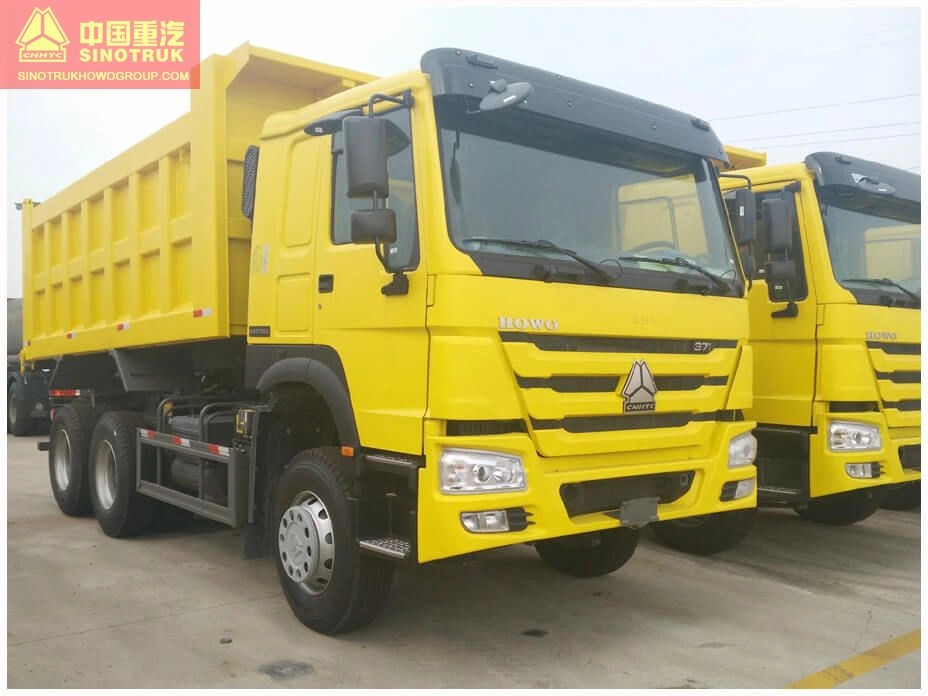
A water truck, often seen on construction sites or in rural areas, serves a vital role in various industries, primarily for dust suppression, hydration, and firefighting. These versatile vehicles are equipped with a large water tank and a system to distribute water, making them indispensable in different scenarios.
The Anatomy of a Water Truck
At its core, a water truck consists of a robust chassis, a powerful engine, and a sizeable water tank, typically made of steel or high-density polyethylene for durability. The tank's capacity varies, ranging from a few thousand gallons to tens of thousands, depending on the truck's size and intended use. An essential component is the pumping system, which draws water from the tank and propels it through spray nozzles or hoses. Some models also feature advanced systems like water cannons for more targeted applications.
Key Applications of Water Trucks
1. Dust Control: On construction sites, water trucks are used to dampen roads and surfaces, preventing dust from becoming airborne and improving air quality. This is particularly crucial in dry and arid regions.
2. Irrigation: In agriculture, water trucks provide an efficient method of watering crops, especially in areas with limited access to irrigation systems.
3. Firefighting: Equipped with specialized firefighting equipment, water trucks can be first responders in rural or remote areas, supplementing traditional fire engines in urban settings.
4. Environmental Cleanup: In the event of oil spills or other environmental hazards, water trucks can help contain and clean up the affected areas.
Customization and Special Features
Water trucks can be customized to meet specific needs. For instance, some models have a foam system for firefighting, while others have a water recycling feature to minimize water waste. Advanced models might include GPS tracking, remote control operation, or even heated tanks for cold climates.
Operating and Maintaining a Water Truck
Proper operation and regular maintenance are crucial for a water truck's longevity and efficiency. This includes regular inspections, cleaning the tank, checking the pump's functionality, and ensuring all safety features are in good working order.
The Indispensable Role of Water Trucks
water trucks are versatile workhorses, playing a significant role in numerous industries. From controlling dust on construction sites to extinguishing flames in emergencies, these vehicles demonstrate their utility and adaptability. With advancements in technology, they continue to evolve, offering more efficient and eco-friendly solutions to a wide range of tasks. Understanding their function and maintenance is key to harnessing their full potential and ensuring their continued effectiveness.
what is a water truck
Understanding the Role of Water Trucks: An Essential Tool in Various Industries
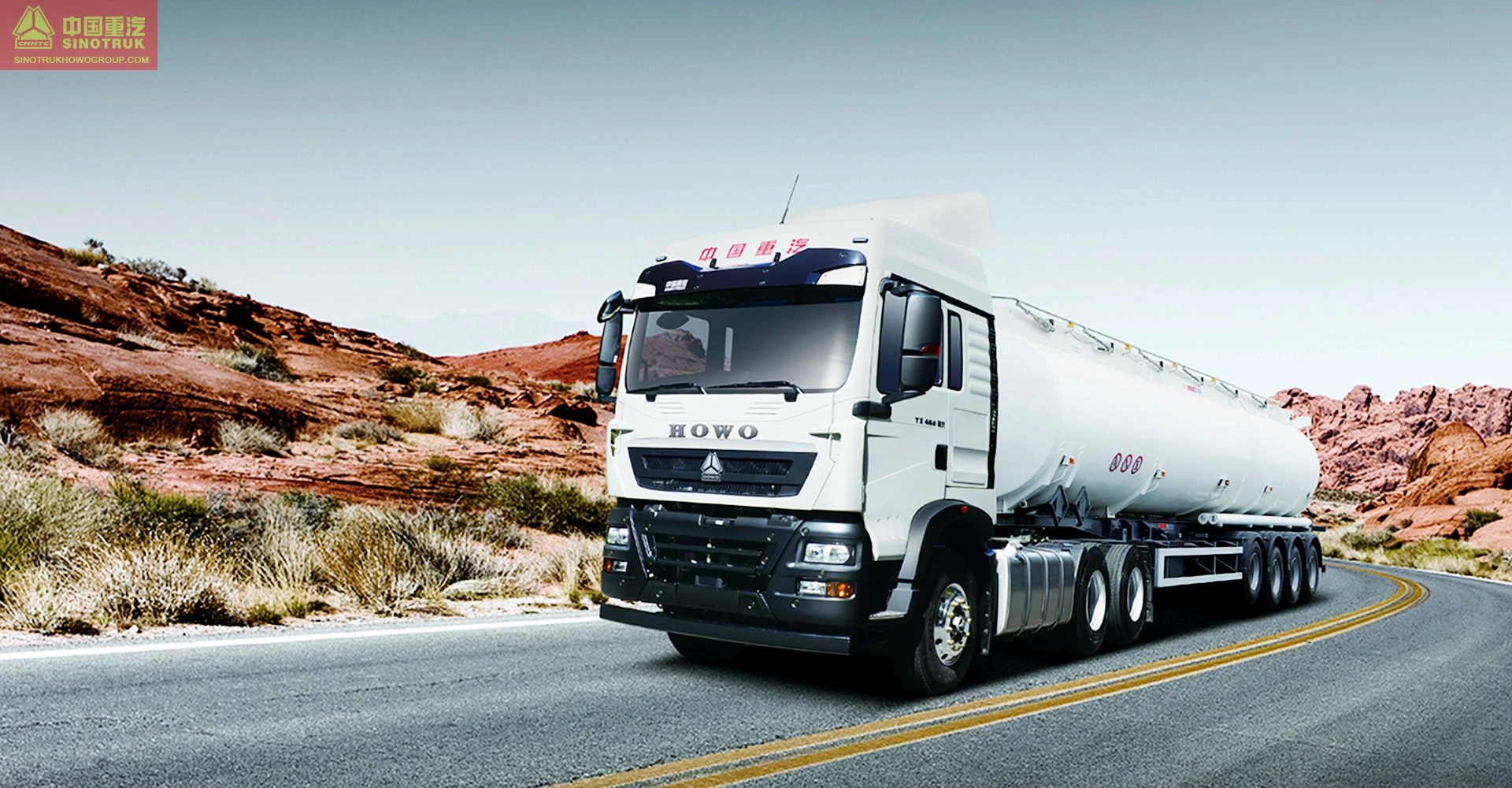
Water trucks, also known as water tankers, are specialized vehicles designed to transport and distribute large quantities of water for a myriad of purposes. These versatile vehicles play a critical role in construction sites, agriculture, firefighting, dust suppression, and even municipal water supply, making them an indispensable asset in many industries.
The Functionality and Design of Water Trucks
At the heart of a water truck is its large, robust tank, which can range in capacity from a few thousand gallons to tens of thousands, depending on the truck's size and intended use. The tank is usually made of steel or high-density polyethylene for durability and resistance to corrosion. Some models feature compartments for carrying other substances, like foam for firefighting or sand for weight distribution.
Equipped with pumps, spray nozzles, and hoses, water trucks can deliver water with precision and force. The pump system allows for the suction of water from a nearby source and its subsequent discharge through the nozzles, enabling tasks like irrigation, dust control, or fire suppression. In construction, water trucks are often used to dampen roads to prevent dust pollution, while in firefighting, their high-pressure streams can help extinguish flames.
Applications and Industries
In the agricultural sector, water trucks are crucial for irrigation, especially in areas with limited water supply or where traditional irrigation methods are not feasible. They can also be used for frost protection, where a rapid cooling effect is needed to save crops from freezing.
Construction sites heavily rely on water trucks for dust suppression, as they can efficiently wet down roads and work areas, improving air quality and worker safety. they play a vital role in the mining industry, where they help control dust from heavy machinery and drilling operations.
Fire departments often use water trucks as a secondary water source when hydrants are unavailable or insufficient. They can also serve as a water reservoir in remote areas or during large-scale fires.
Customization and Specialized Features
Water trucks can be tailored to suit specific needs, with options like foam systems, remote-controlled spray booms, or even heating elements to prevent water from freezing in colder climates. Some models may include GPS tracking, allowing for efficient management of water distribution and reducing waste.
Final Thoughts: The Indispensable Role of Water Trucks
water trucks are more than just vehicles; they are problem solvers, adaptable to a wide range of tasks and environments. Their ability to transport and distribute water in a controlled manner makes them a vital tool in construction, agriculture, firefighting, and beyond. As industries continue to evolve, the importance of these specialized trucks is likely to grow, ensuring they remain a mainstay in our infrastructure and emergency response systems.


